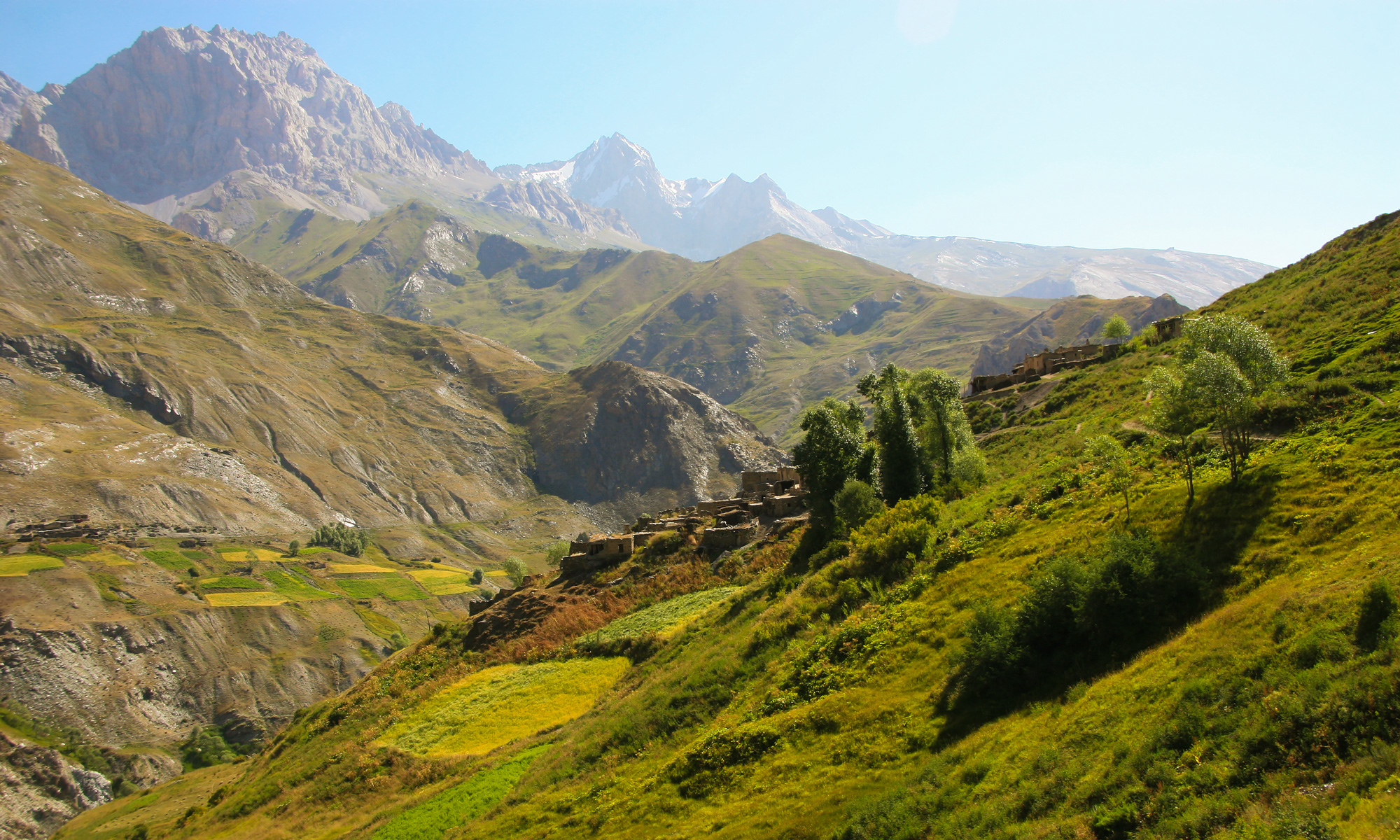“I studied for eight years. Served two in the Soviet Army. I had a job, a life. But my father said we’re going back — and that was that.”—Karimjon-aka, returnee
When Karimjon-aka speaks, there’s no bitterness — but there is weight. A quiet tension between two lives: the one he started in Zafarobod, and the one he’s now building in the high mountains of Yaghnob.
He was born in the valley, but his childhood was shaped by the plains. Like many Yaghnobi families forced into exile during the Soviet deportations of the 1970s, his family tried to make the best of it.
“We had a warm house. We had salaries. Our kids went to school. It wasn’t perfect, but it worked. I never thought I’d go back.”
But in the early 1990s, when the Soviet Union crumbled and dreams collapsed with it, his father made a decision:
“He said, ‘We’re going home.’ He sold everything — our house, our cattle. I didn’t argue. He was the head of the family.”
So they returned to Dehbaland. To no electricity, no running water, no school, no clinic. Just mountains — and memories.
“I love Yaghnob. It’s my motherland. But sometimes I ask myself: was it right? For me? For my children?”
Karimjon-aka doesn’t speak out of complaint. He works hard, raises his kids, and keeps the peace in his village. But he carries the ghost of what could have been.
“In Zafarobod, I had a future — a predictable one. Here, we survive one season at a time.”
Now, as his children grow, he doesn’t want to force the same choice on them.
“I won’t decide for them. If they want to stay, good. If they want to leave, I understand. Everyone deserves a life they choose.”
Coming back wasn’t the mistake. For Karimjon-aka, the real wound was in the gap between memory and reality — between the hope of returning to a proud, self-sufficient homeland and the truth of its fragile condition after years of abandonment. His story is not one of romanticizing the mountains, nor of rejecting the lowland life that once offered him comfort. Instead, it is a story of reckoning: with the weight of generational decisions, the erosion of Soviet-era dreams, and the hard, often quiet work of rebuilding. In his quiet determination, we find the resilience that threads through so many returnee stories — not the triumphant return to a lost paradise, but the more difficult task of shaping a future from fragments of the past.
